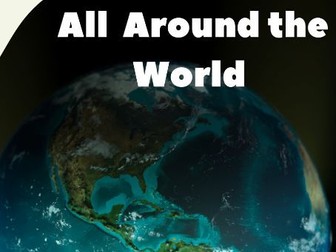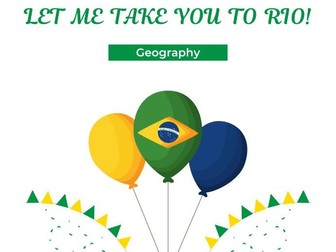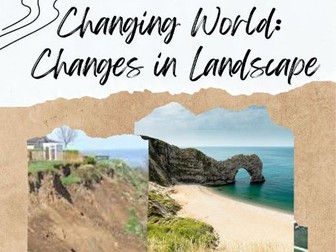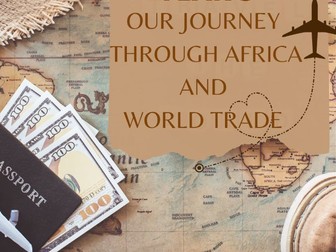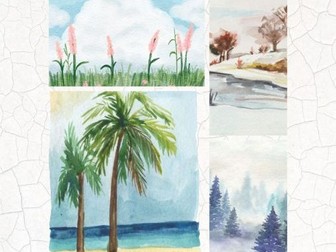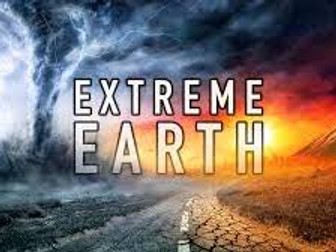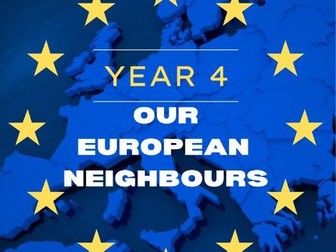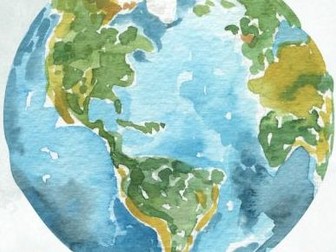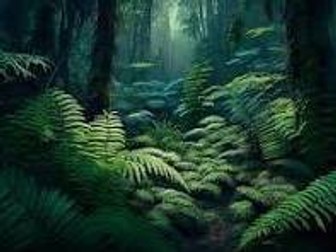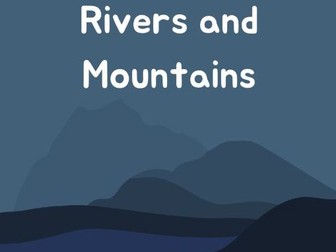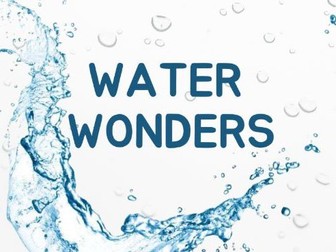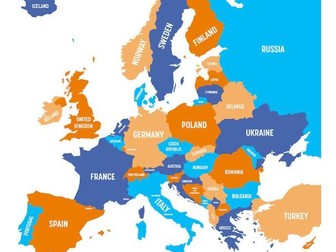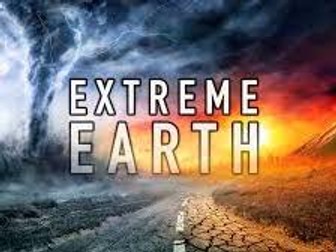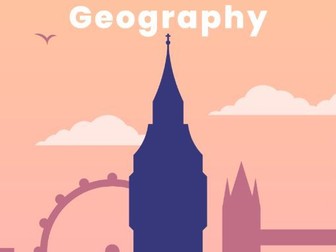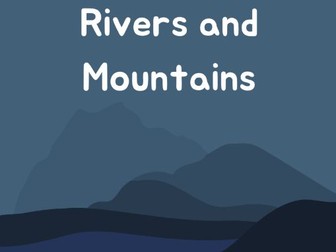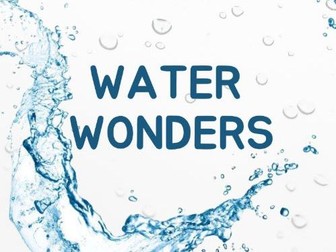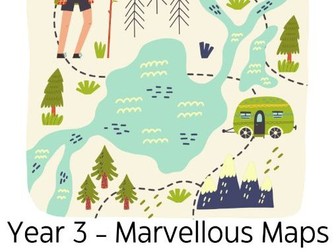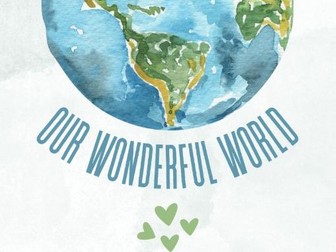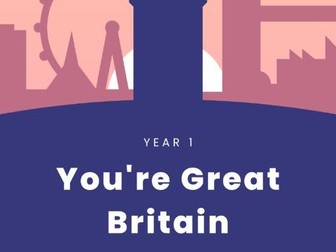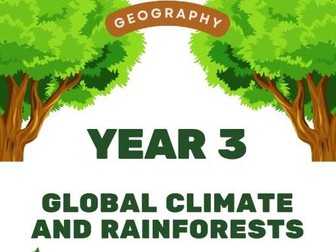KS2 - All Around the World (6 Lessons)
<p>Unit Overview:<br />
This unit allows children to take a closer look at where the countries of the world are located, and some of the ways geographers describe locations. Children will learn to locate and describe places using longitude and latitude, and find out about some of the important lines that delineate specific areas of the Earth – the Equator, the hemispheres, the Poles and the Tropics. Finally, by looking more closely at the lines of longitude, children will develop their understanding of time zones.</p>
<p>Lesson 1 - To be able to identify the hemispheres and tropics on a map or globe.<br />
Lesson 2 - To explore the tropic region and understand the characteristics of the tropical biomes.<br />
Lesson 3 - To explore the Polar Regions and identify their key features.<br />
Lesson 4 - To understand the concept of the Prime Meridian and its significance.<br />
Lesson 5 - To be able to identify and explain the concept of time zones and how they are related to the Prime Meridian.<br />
Lesson 6 - To understand why countries have different time zones and be able to identify and locate them on a world map.</p>
